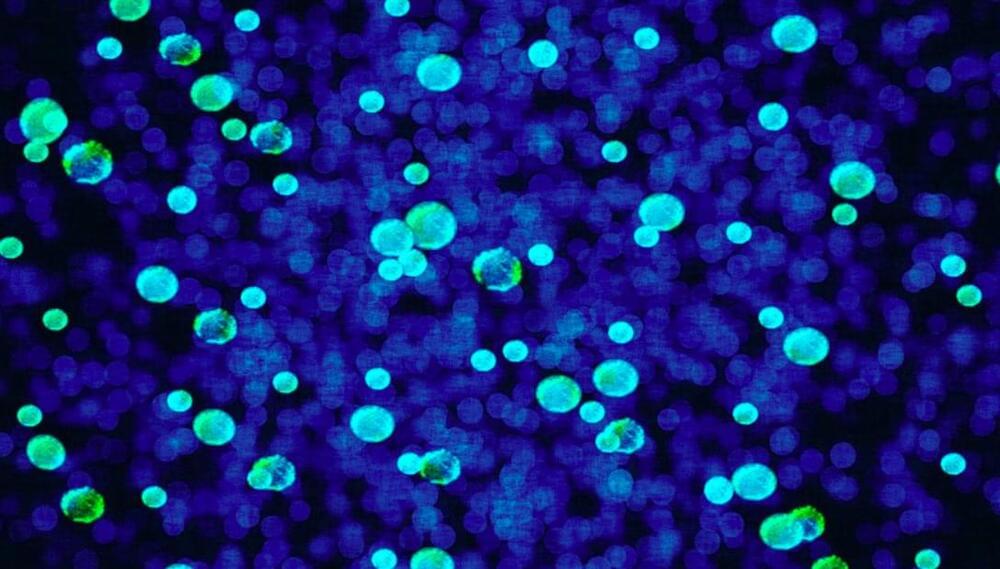The human gut microbiome is known to have a significant influence on many aspects of our health. Usually, when people think of the gut microbiome, they think of the many bacterial species that live there. Other organisms like viruses and fungi are also members of the human gut microbiome that have been getting more research attention. Now, scientists have identified a unicellular organism called Blastocystis, a type of protist with many subtypes that are also a part of the human gut microbiome. The research has shown that different subtypes of Blastocystis can lead to beneficial health impacts while others are detrimental. The findings have been reported in The EMBO Journal.
People in Singapore have been found with a rare Blastocystis subtype called ST7, which is often isolated from patients with diarrhea. Blastocystis ST7 seems to cause gut disease, although the mechanisms that underlie this pathology have been unclear.










Comments are closed.